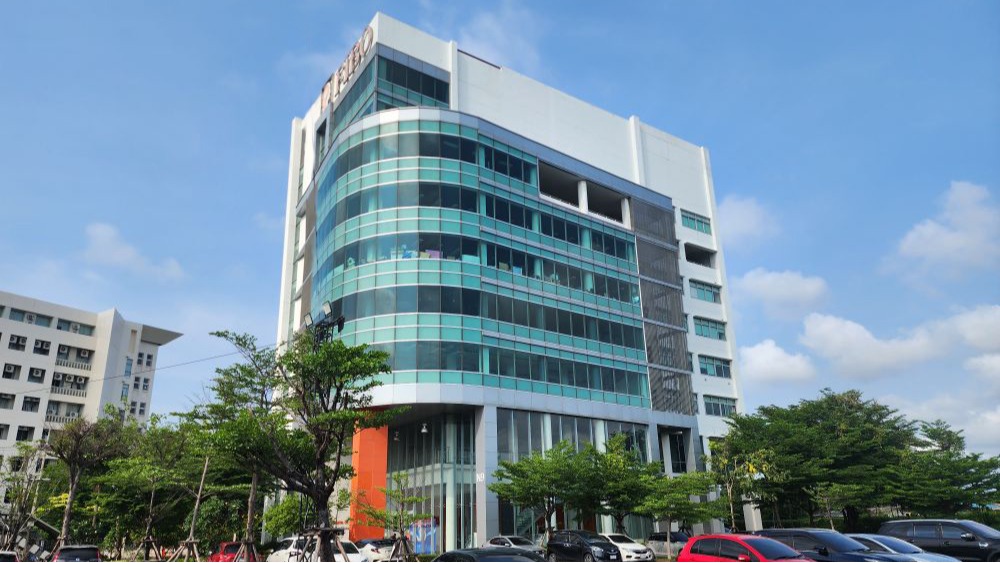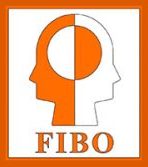Field Robotics Institute (FIBO)

Background Information
The Field Robotics Institute (FIBO) was established in 1995 and was officially granted institute status on April 11, 2003, under King Mongkut’s University of Technology Thonburi (KMUTT).
Its core missions include research and development, academic services, and specialized education at both degree and non-degree levels — with the aim of developing personnel with knowledge, expertise, and leadership in robotics and automation systems, while creating technologies and innovations that enhance industries and improve quality of life in society.
Administration
FIBO has been led by three directors:
– Assoc. Prof. Dr. Chit Liewwattana (1995–2015)
– Assoc. Prof. Dr. Siam Charernsri (2015–2023)
– Asst. Prof. Dr. Supachai Wongboonyong (2023–present)
Over more than 30 years since its establishment, FIBO has played a vital role in developing Thailand’s human resources and knowledge base in robotics and automation systems, emphasizing the integration of education, research, and industry.
Notable Achievements
– Producing high-quality graduates and professionals who drive the robotics and automation industries.
– Conducting research and developing prototype technologies and innovations that address real-world challenges in industry and society.
– Serving as a knowledge hub that promotes lifelong learning, offering both degree and non-degree programs.
– Building strong networks and collaborations with industrial sectors, government agencies, and educational institutions both domestically and internationally, to enhance Thailand’s competitiveness.
Timeline of Development and Major Achievements
Phase 1: Foundation and Establishment (1995–2005)
– Founded under Thailand’s 7th National Education Development Plan.
– Launched the country’s first graduate program in Robotics and Automation.
– Developed essential infrastructure and laboratories for robotics research.
– Conducted applied research in robotics and automation systems.
– Provided academic and technical services based on industry needs.
– Fostered a culture of integrated research and project-based learning.
Phase 2: Expansion and Recognition (2006–2015)
– Officially upgraded to the Field Robotics Institute (FIBO) on April 11, 2003.
– Introduced undergraduate programs to produce skilled graduates in Robotics and Automation for industry.
– Developed a variety of robotic innovations in fields such as medical care, services, and manufacturing.
– Strengthened collaborations with industry and government to promote commercialization of robotics technologies.
Phase 3: International Advancement (2016–2025)
– Expanded educational opportunities into non-degree and lifelong learning programs in alignment with national policy.
– Became a key member and leader in ASEAN and international robotics collaboration networks.
– Established and implemented Work-Integrated Learning (WIL) initiatives tailored to real industry demands.
– Advanced into specialized research groups, driving Thailand’s robotics and automation technologies to the international stage.
These accomplishments reaffirm FIBO’s role as Thailand’s leading center of expertise in robotics and automation, and lay a strong foundation for its vision to become a leading robotics institute in ASEAN by 2027.
